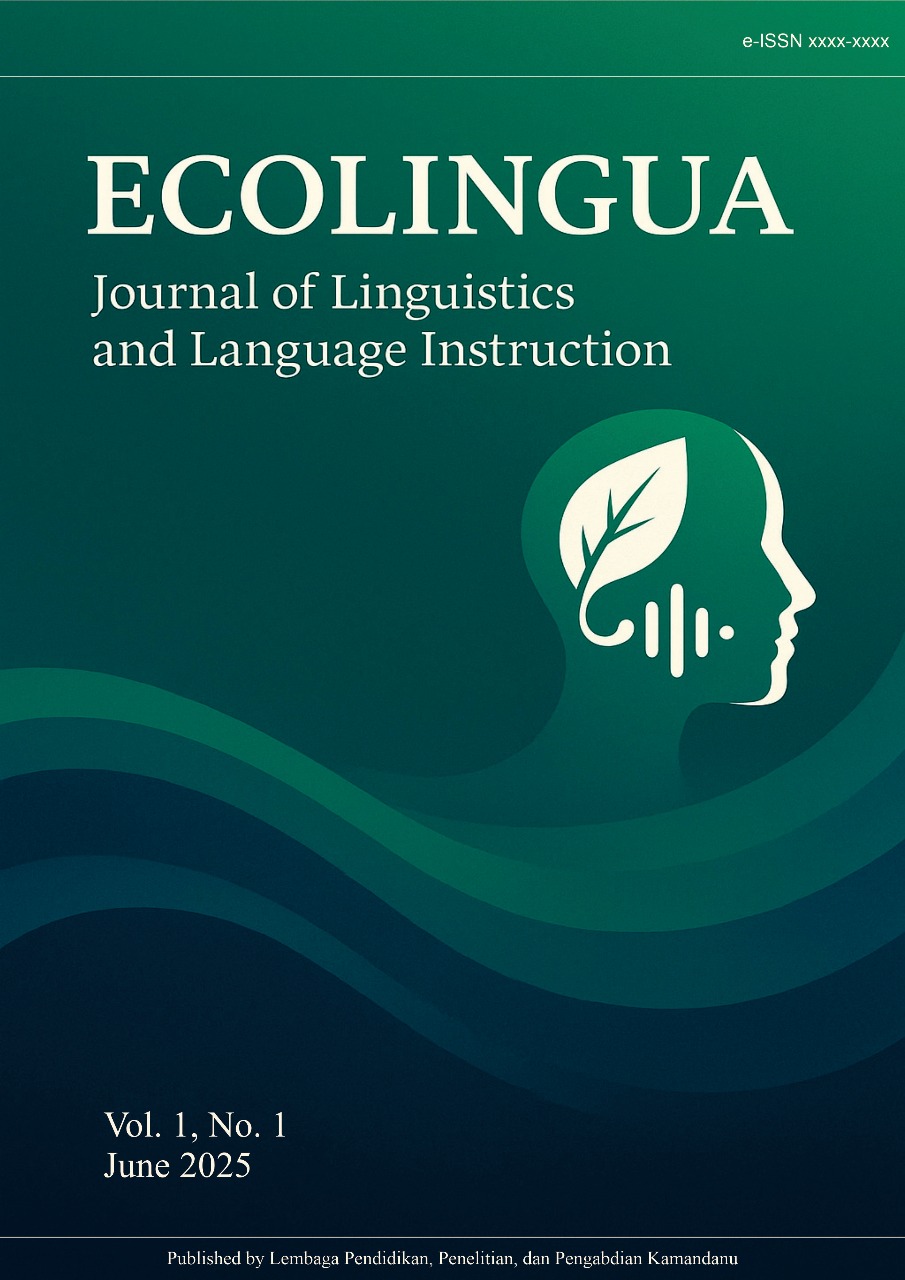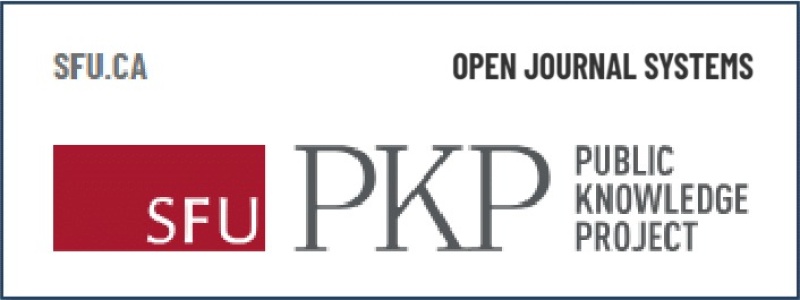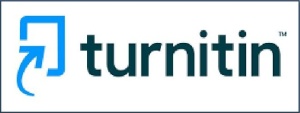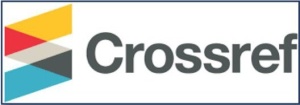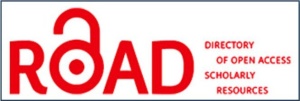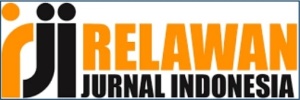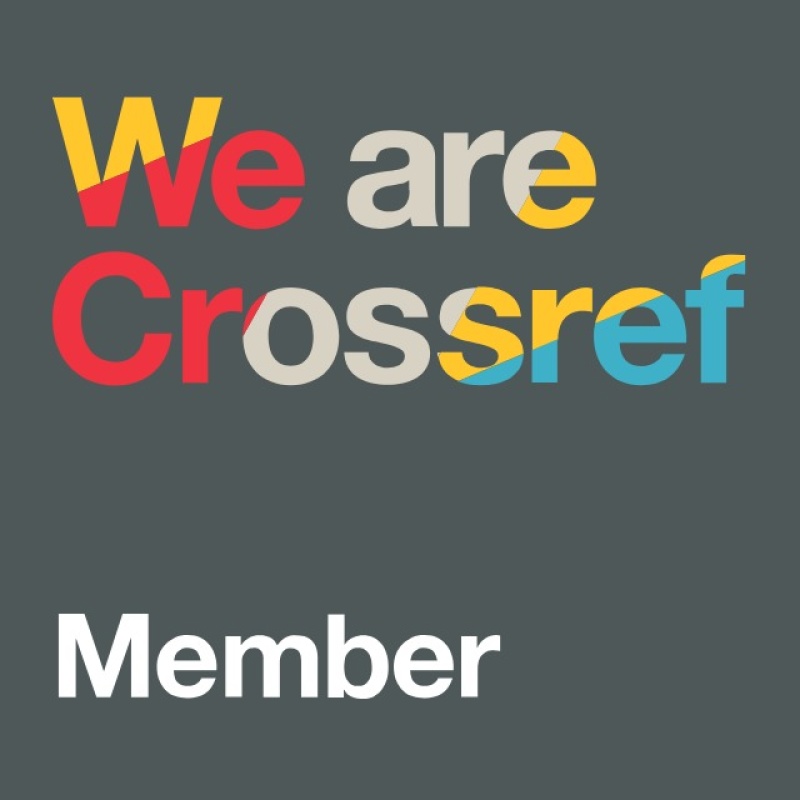English Language Classroom Practices in an Iran Secondary School Context: A Lesson Learned from Online Learning
Keywords:
Online learning, English language teaching, Student autonomy, Digital pedagogy, Communicative competenceAbstract
This study investigates how English language teaching (ELT) practices in Iranian secondary schools evolved during the transition to online learning prompted by the COVID-19 pandemic. Traditionally characterized by teacher-centered instruction focused on grammar drills and rote memorization, English classrooms in Iran have historically marginalized communicative competence. However, the sudden shift to digital platforms necessitated a reconfiguration of pedagogical approaches, prompting teachers to adopt more interactive, student-centered strategies. The study aims to explore how this transition influenced teaching beliefs and methods, as well as how students' engagement with digital tools affected their autonomy and communicative competence. Employing a qualitative descriptive research design, data were collected through semi-structured interviews with English teachers, student focus group discussions, and document analysis of digital learning artifacts. A purposive sample of 10 teachers and 30 students from urban and semi-urban schools was selected. Data were analyzed using thematic analysis. The findings indicate that teachers shifted toward more flexible and scaffolded instruction, with increased awareness of student autonomy and engagement. Students, in turn, developed greater responsibility for their learning and enhanced their communicative abilities, especially in written formats through asynchronous interactions. Challenges included initial technological unpreparedness and disparities in digital access, but professional development and reflective practice helped mitigate these barriers. The study concludes that the pandemic-induced transition to online learning serves not merely as an emergency response, but as a catalyst for enduring pedagogical innovation. It highlights the potential of technology-enhanced ELT to foster learner-centered, communicative, and reflective practices in Iranian classrooms.

